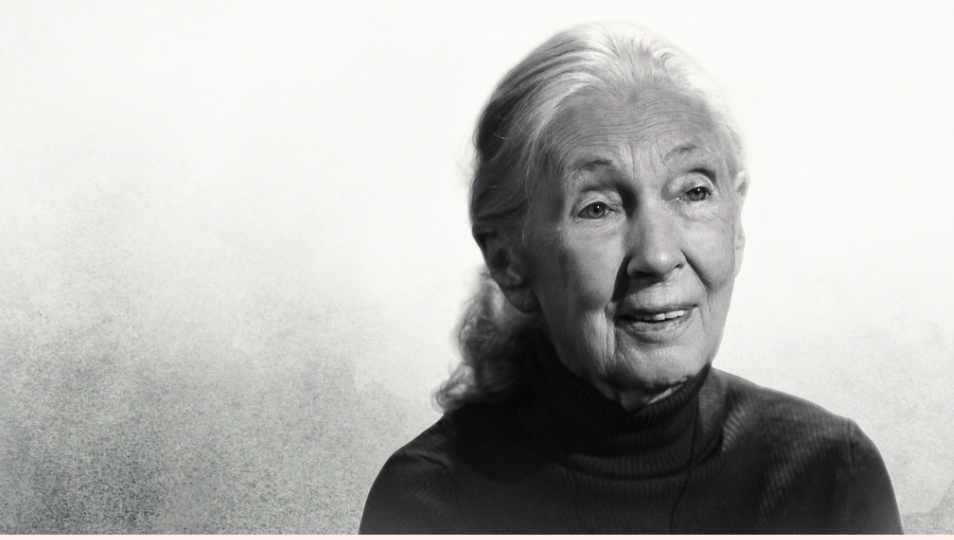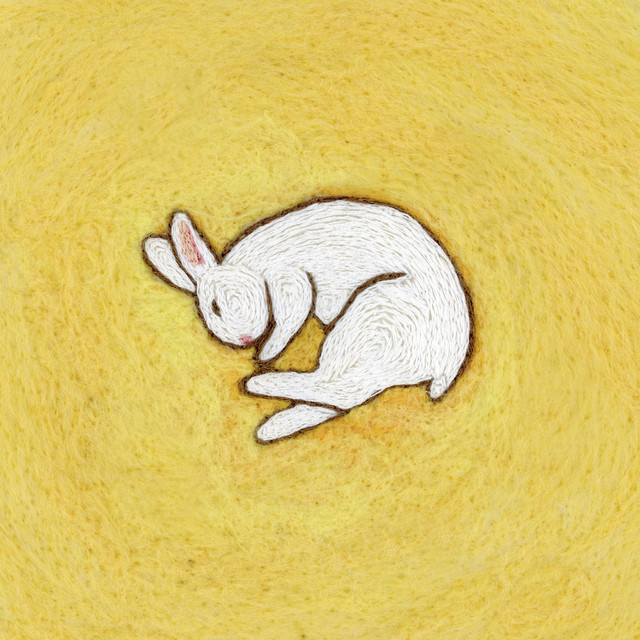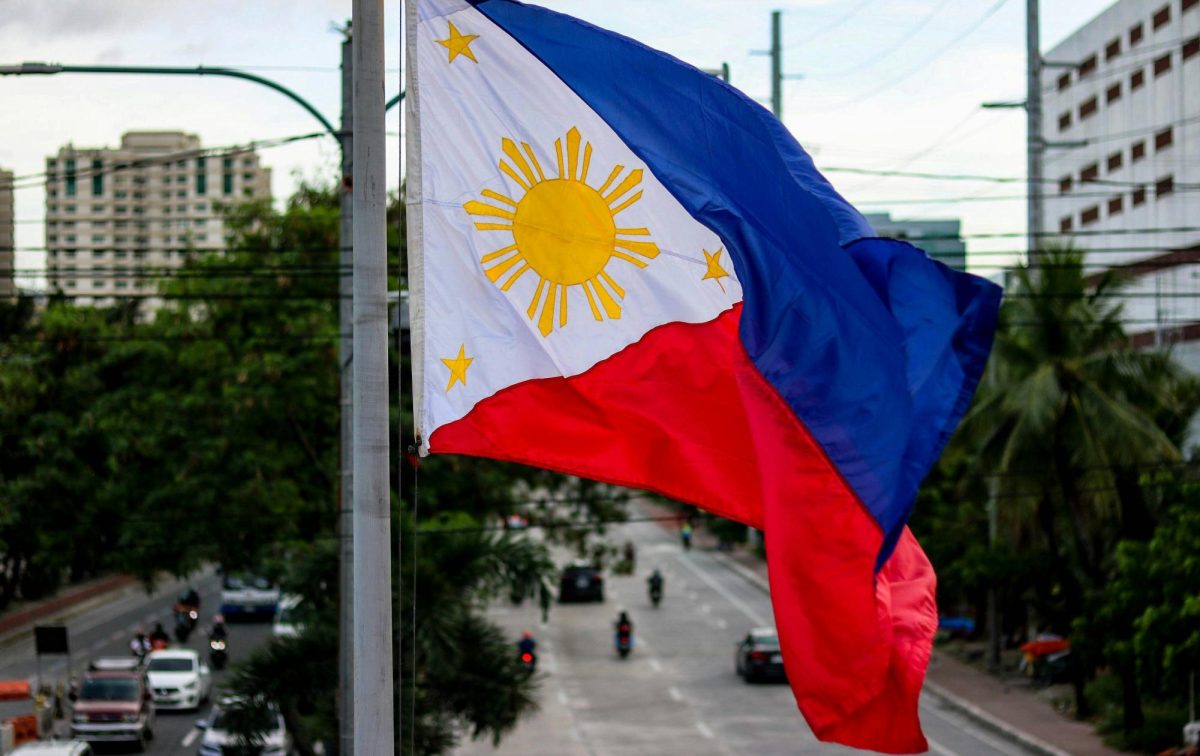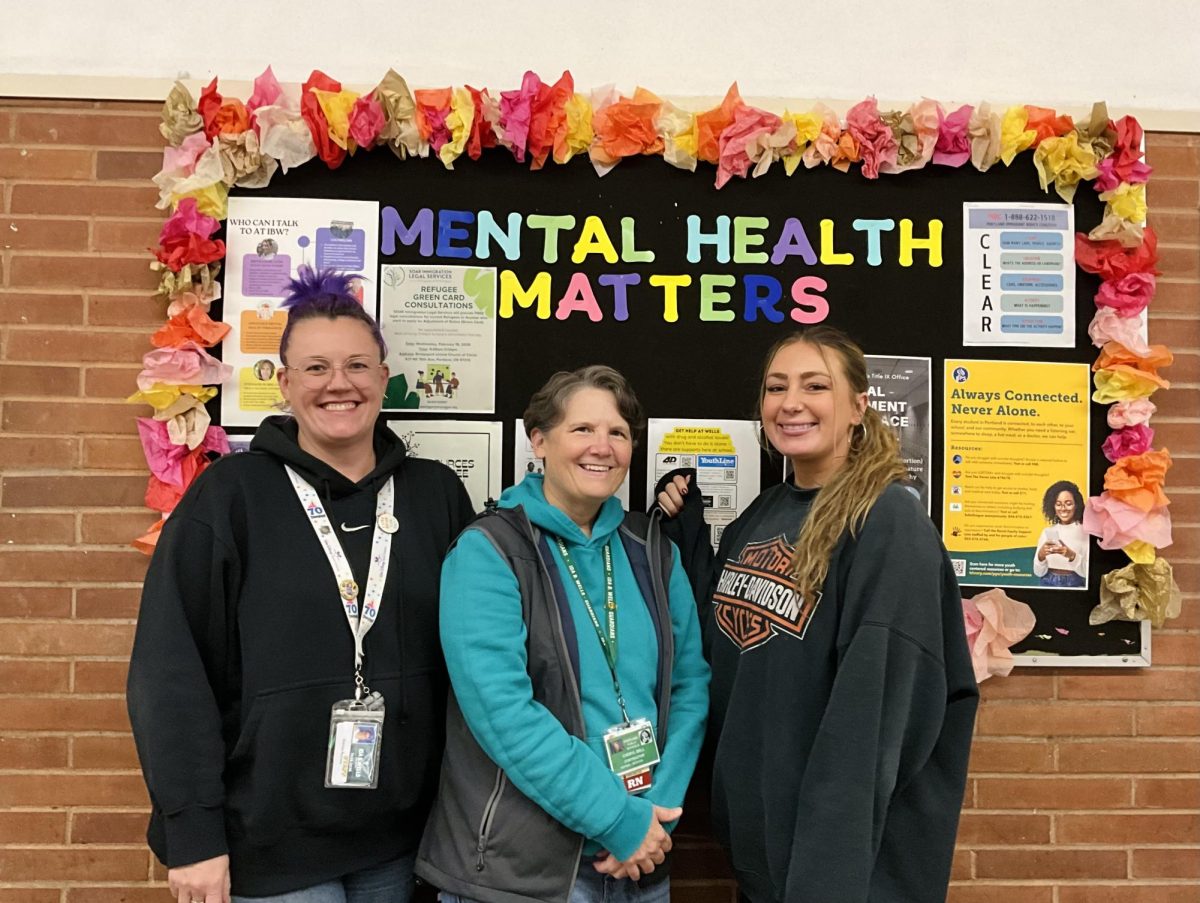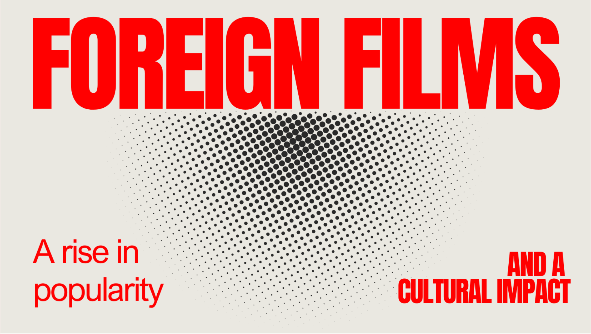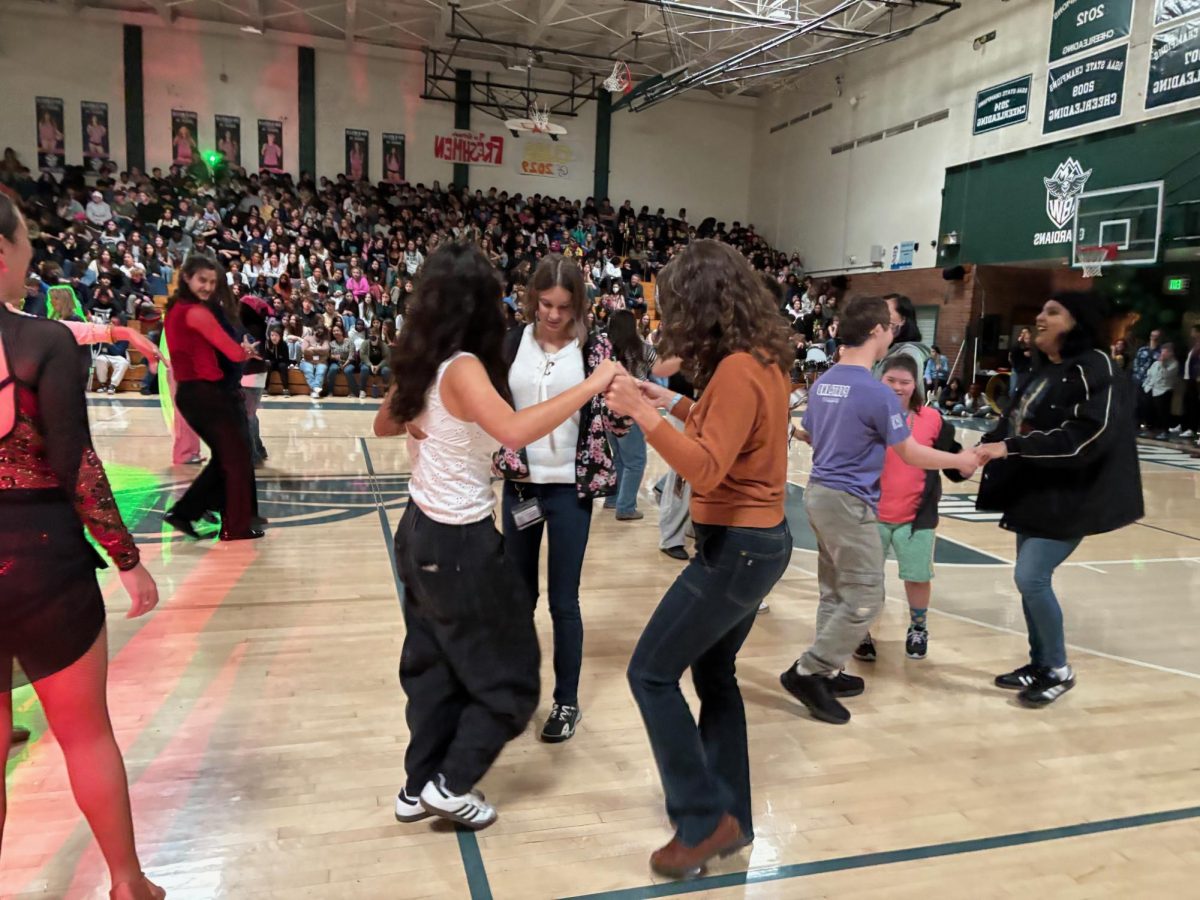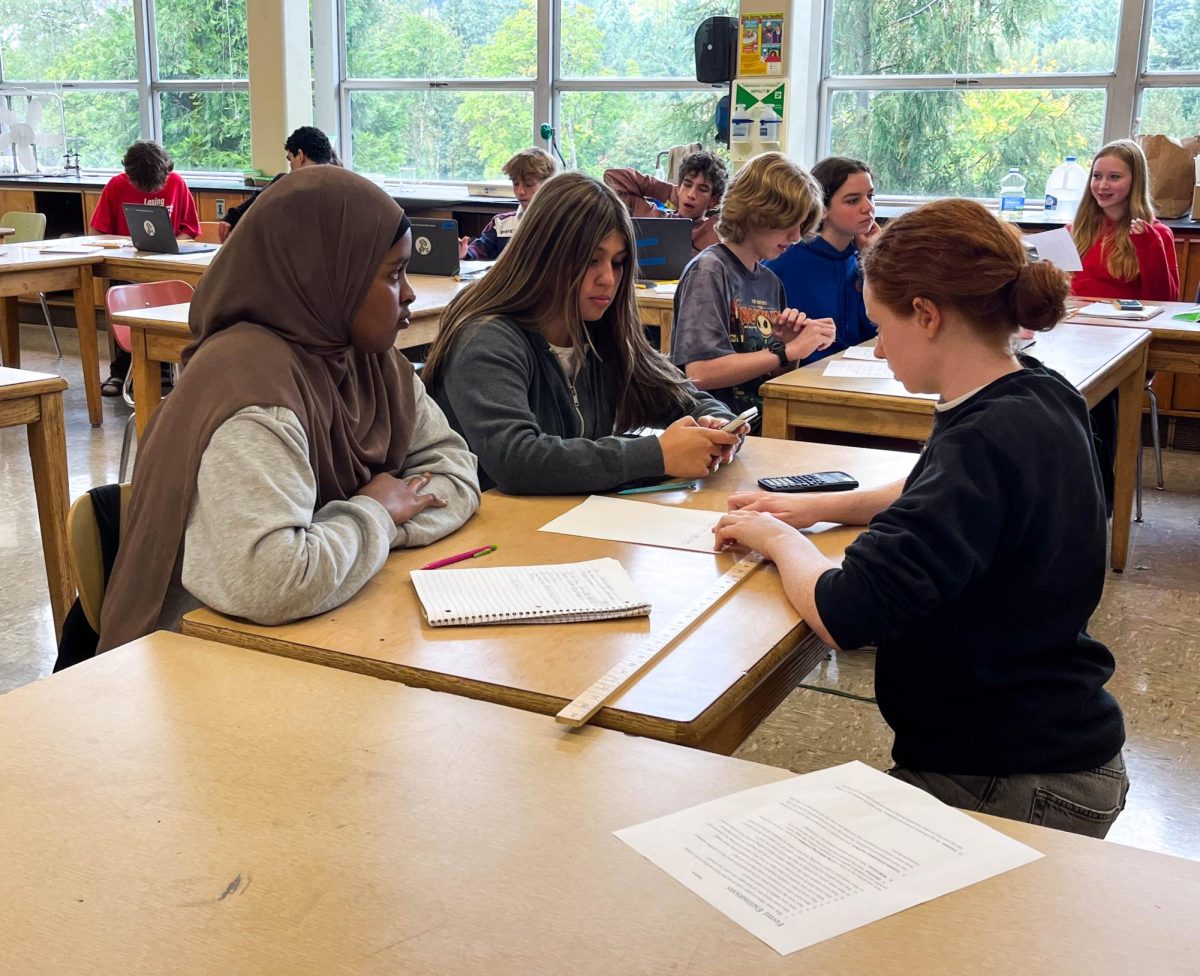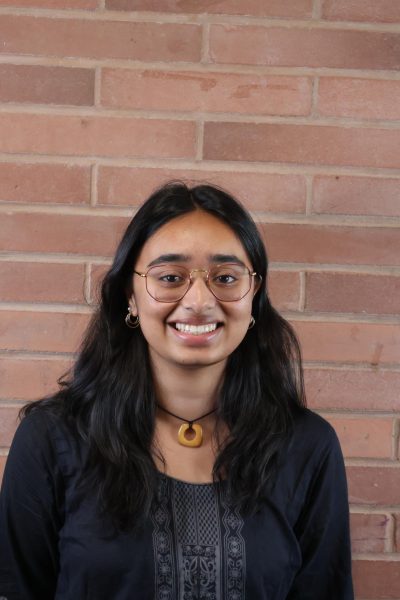As PPS schools have finally come to a close for the shortened winter break, the spirit of Christmas becomes stronger and stronger as the hours countdown. The holiday season begins as early as October for many waiting through the celebrations of Halloween and Thanksgiving, eventually coming to the ultimate holiday of the year, Christmas.
Christmas is one of the most popular holidays in America, with 85% of Americans celebrating. Although this year’s case will be different for all PPS schools due to the teacher’s strike that took a week off from the original two weeks, the spirit of the holiday season still stuck around.
The celebration of Christmas in schools has been a controversial topic for years. It not only is a Christian religious holiday celebrated on Dec. 25, but it was also made a federal holiday in 1870. Making Christmas a federal holiday meant and still means now that government offices close and give employees the day off.
To Christians, Christmas is a religious holiday, but in the whole of America, it is recognized as a federal holiday. This makes us wonder if this federal holiday is truly a “separation of church and state.”
Many have heard the words “separation of state and church,” this means that the government is prohibited from favoring one religion over another. Although the saying “separation of church and state” does not directly appear in the U.S. Constitution, it is a concept set down in the First Amendment stating: “Congress shall make no law respecting an establishment of religion.”
Separation of church and state allows there to be religious freedom in America. But when we see what we base our school vacations on, is this truly following our first amendment?
Taking account of the school vacations in the PPS district and most likely schools across the U.S., there is a fall break that lands during the week of Thanksgiving, a winter break during the last two weeks of December, and a spring break around the end of March.
Winter break is ultimately the largest, with it spanning two weeks, lining up for the celebration of Christmas. The term “winter break” is just a cover of what it truly is meant for “Christmas,” although there is nothing wrong with celebrating Christmas or being Christian; when one religion has had significant privilege for centuries, it gives a sense of disunity for the many other religions and non-religious people across the nation.
America was not founded as a “Christian nation” according to The Constitution. The independence of America meant many new possibilities for citizens, including religious freedom. However, even before independence, the 13 colonies were under Christian rule from the British Empire for over a century — Christianity still had deep roots in the newly founded United States of America.
According to an article by Pew Research Center in 2017, the amount of Americans who believed in the religious aspects of Christmas had been declining. In 2017 only 55% celebrated Christmas as a religious holiday and 46% of them saw it as a religious holiday; compared to 2013 when 59% celebrated it as a religious holiday and 51% saw it as a religious holiday. To many non-Christian Americans, the religious significance of Christmas has gone down, but what about the religious holidays recognized by minority religious groups?
In the current day, Christianity is still the biggest religion in America — the world. Because of this, many school communities across the nation have argued that students of different religious affiliations get their respective holidays off so they do not have to miss school days.
Jessie Ginsburg, a sophomore at Ida B. Wells High School recognizes both Christian and Jewish holidays. “[Christmas] is normally a religious holiday, so it’s basically deciding for US citizens what they should recognize,” Ginsburg said. “It’s unfair to everyone else to choose one religious holiday to be a federal holiday. Every holiday would have to be considered a federal holiday for that to seem fair, and that’s practically impossible.”
Many would argue back to this idea by saying it’s a violation of the separation of church and state, to make every religious holiday a federally recognized one would go completely against this sentiment. However, to this day many minority communities continue to lobby for schools to recognize holidays such as Yom Kippur, Eid-ul Fitr and Diwali.
The unequal recognition in public school systems when it comes to religion shows how Christian beliefs have been dominant in the U.S. for centuries — it makes it unfair for people of other religions and non-religions.
Students who have grown up in minority religions have often spent their time this year doing traditional Christmas activities. “Growing up and not celebrating these mainstream holidays were a little weird because, for example, elementary school; all we did was Christmas activities,” said Hana Harris, a senior at IBW. “We watched Christmas movies, made Christmas cards, I always got default stuff and got to take projects home earlier because ‘oh you have to do it for Hanukkah instead’ and like if I’m being honest my parents do not care if I make a Christmas card.”
Although the majority of the PPS community consists of those who recognize Christmas, it wouldn’t hurt to recognize other religions and their respective holidays, “It would be cool if people just took the time out of their day to learn about other faiths,” said Harris.
Christmas is undoubtedly special to anyone who celebrates. Still, the privilege to celebrate the holiday shouldn’t be overlooked by the countless faiths that have their special days throughout the year as well.
“Maybe look into other holidays and their significance,” said Harris, “the holiday season is not just in December, it’s year around.”



